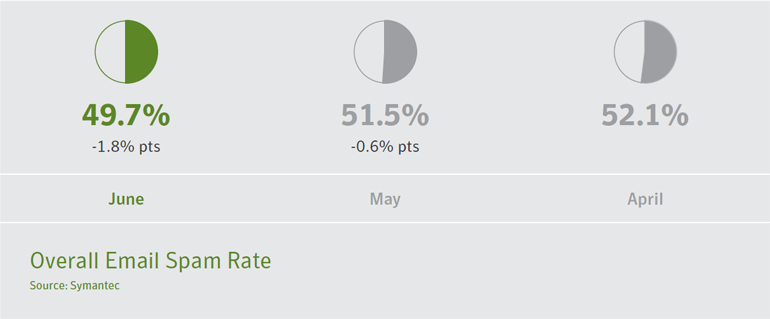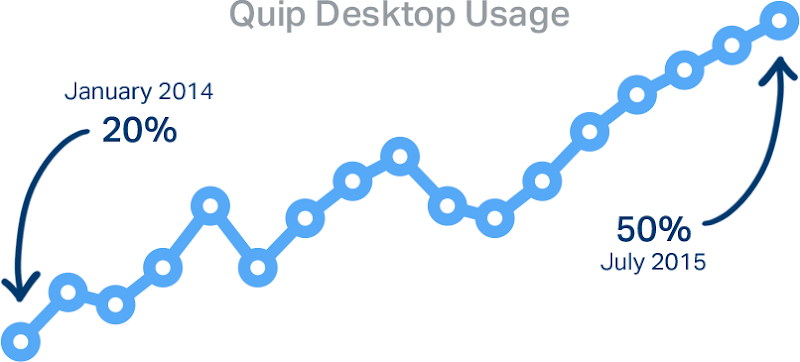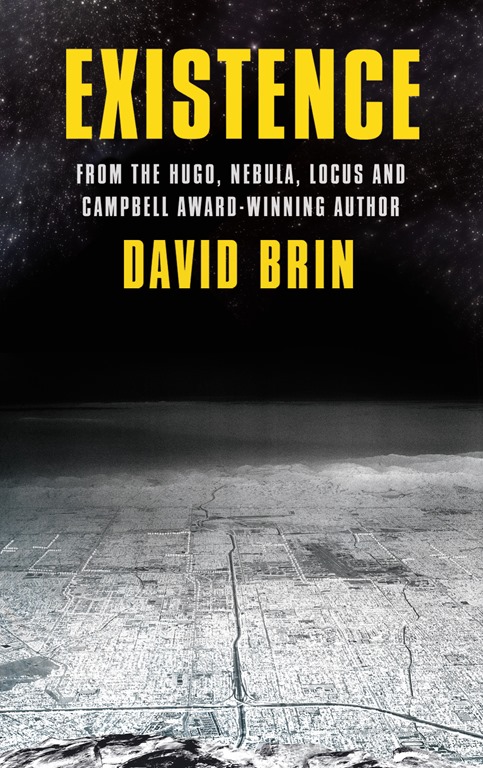
Television, not digital media, is mastering the model of the future: Make ’em pay. And the corollary: Make a product that they’ll pay for. BuzzFeed has only its traffic to sell — and can only sell it once. Television shows can be sold again and again, with streaming now a third leg to broadcast and cable, offering a vast new market for licensing and syndication. Television is colonizing the Internet.
Streaming video is now not only the hottest media draw — 78 percent of United States Internet bandwidth — but, defying the trend, many of its creators are getting paid. Netflix bills itself as a disrupter of television — except that it is television, paying Hollywood and the TV industry almost $2 billion a year in licensing and programming fees.
The fundamental recipe for media success, in other words, is the same as it used to be: a premium product that people pay attention to and pay money for. Credit cards, not eyeballs.
Michael Wolff
In the internet era, TV is going through a transformation similar with music: yesterday a lot of content offered as bundles, even though consumers were only interested in a small portion of it (cable subscriptions and music albums), or ad-supported, with limited control over what content was playing (radio). Now both are moving to the on-demand model with streaming, but apparently only TV is managing to attract healthy revenues, whereas the music business is shrinking. Meanwhile, most Internet sites are stuck in the older model, chasing clicks and ad revenue, a practice that will probably prove unsustainable for most of them.


 În nopțile cu lună în pătrar, antilopele își leapădă pieile animale și dansează pe întinderea încinsă a deșertului în muzica ce curge de nicăieri. La cel mai mic semn de prezență umană dispar în grabă în toate direcțiile pe picioarele lor agile. Dar uneori un tânăr îndrăzneț reușește să fure o piele de antilopă și să o ardă; fără pielea ei, femeia îl urmează supusă și devine soția lui pentru toată viața. Iar alteori tânărul îndrăzneț nu are curajul de a merge până la capăt…
În nopțile cu lună în pătrar, antilopele își leapădă pieile animale și dansează pe întinderea încinsă a deșertului în muzica ce curge de nicăieri. La cel mai mic semn de prezență umană dispar în grabă în toate direcțiile pe picioarele lor agile. Dar uneori un tânăr îndrăzneț reușește să fure o piele de antilopă și să o ardă; fără pielea ei, femeia îl urmează supusă și devine soția lui pentru toată viața. Iar alteori tânărul îndrăzneț nu are curajul de a merge până la capăt… 

